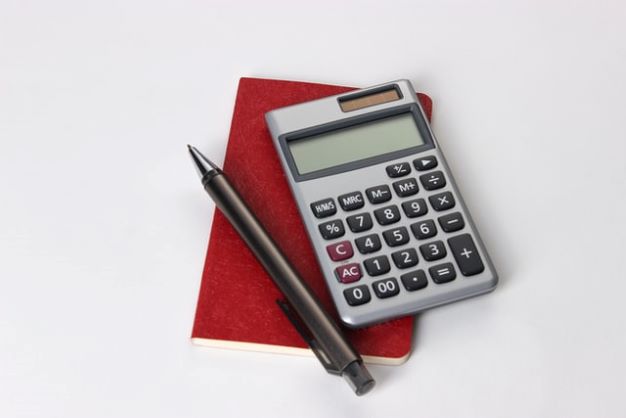
Elon Musk Disaster Reveals Why Retirees Need New Options
Elon’s portfolio proves that some investments will always beat stocks.
Elon Musk has lost $50 billion so far this week after his company Tesla continued to fall for the second day.
That’s a lot of money to lose in 48 hours! Sure, it won’t affect him because he is so wealthy.
But wild swings in the stock market could seriously hurt someone on the verge of retirement. It’s sad because there are better investments out there!
For example, this investment is much more stable than stocks. And most investors don’t know it even exists!
Just look at what you get:
- A government guaranteed 16% ROI
- The chance to buy a good-condition home for a 50% discounted price (or more).
- The ability to do all this online and with minimum startup funds.
Use my instructional guide here and I will teach you how it’s done.
Millions Of Retirees See Their Dreams Destroyed
Inflation is quickly ruining retirement dreams all over the country … but some have a strategy to fight back…
CNBC has published an article about something they call the “unretiring.”
This is all about Americans being forced out of retirement to make ends meet.
People who worked their whole lives only to have inflation destroy their hopes and dreams at the last second.
Don’t let this happen to you! Learn how to buy tax liens over the internet.
With these deals, you can get a 50% discount on great properties. You can then sell or rent them for your choice of income or a big lump sum payday.
Tax liens work regardless of your credit score, your startup capital, or your experience level.
All you need is someone to show you, in step-by-step detail, how to do one of these deals.
And once you understand how it’s done … you can snowball your profits into more and more deals … and retire permanently on your own terms!
Washington Launches All-Out War Against Retirement Accounts
Lawmakers have big plans for your money in 2022, here’s how to fight back…
With the new “Build Back Better” law, starting in 2022, some Roth conversions will be banned. This is only the start of Washington’s war against retirement accounts.
What this proves is that your retirement is only safe if you have complete control over it.
Real estate tax liens bought for pennies on the dollar give you this, plus a lot more.
These incredible deals provide wealth stability and a guaranteed return on your money (16% or more).










